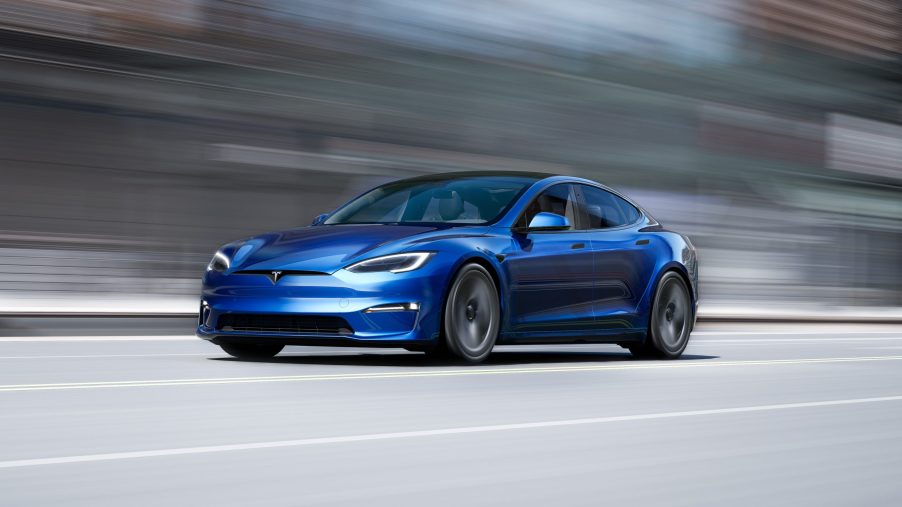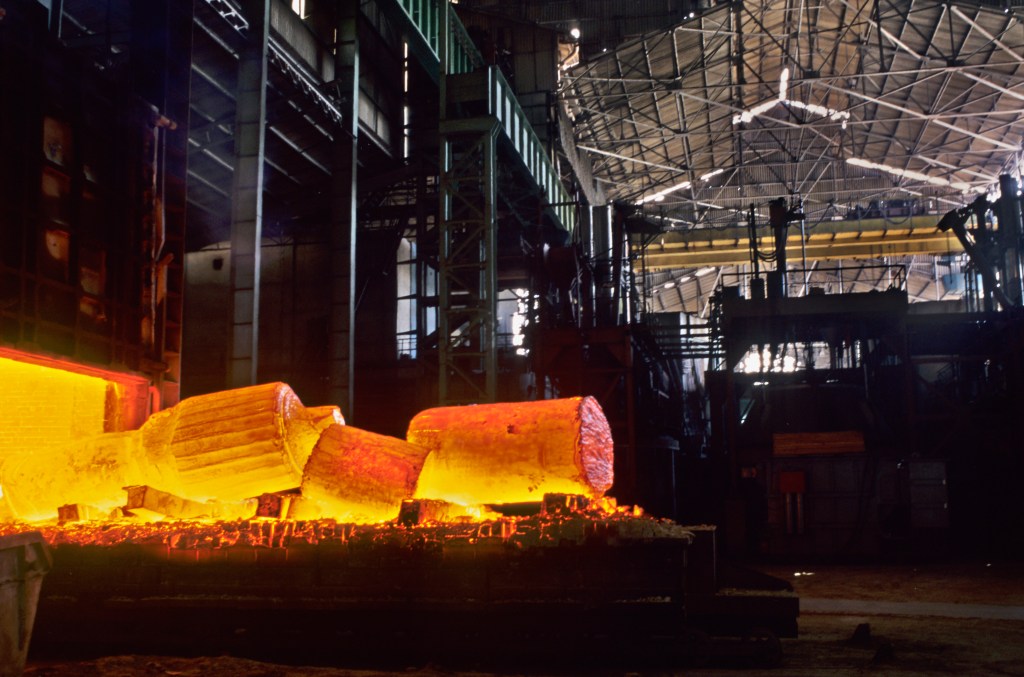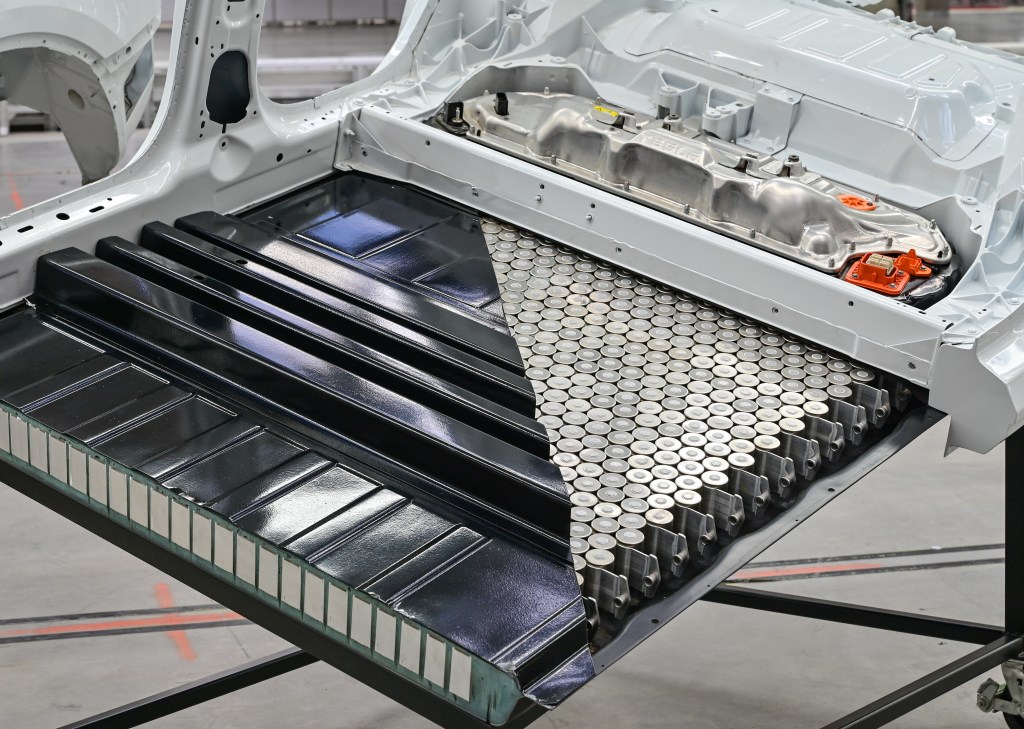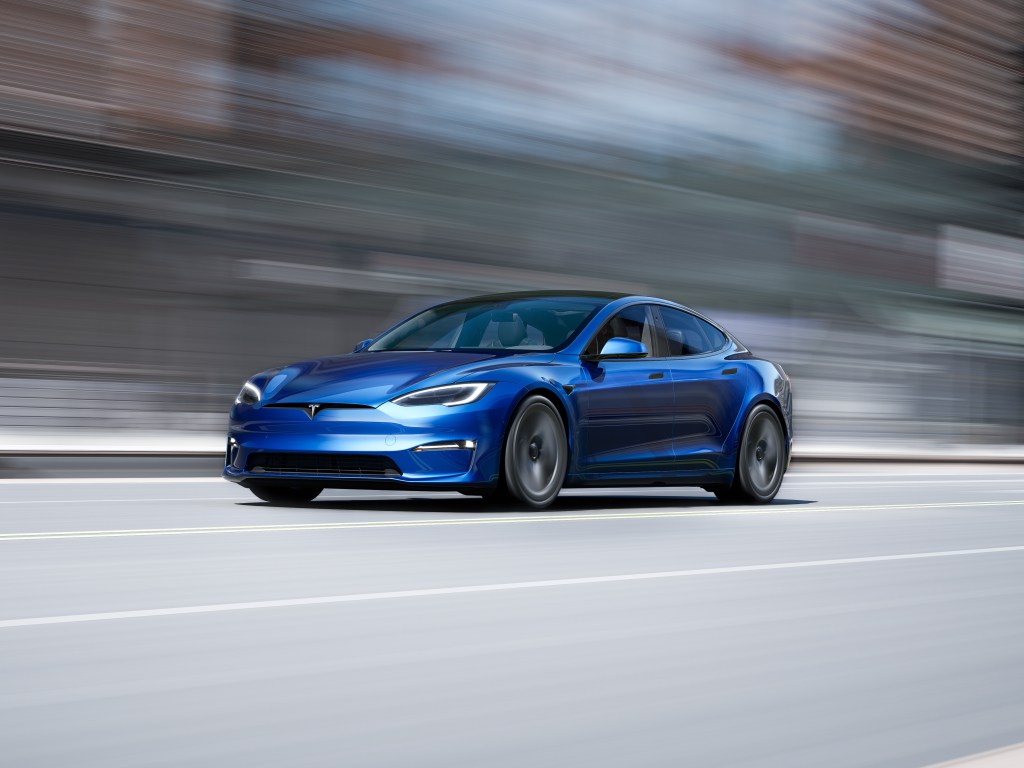
Experts Say the Shift to Electric Cars Isn’t Going to Be Smooth
Electric cars have caused a massive stir among consumers and manufacturers alike. But they’re coming, whether you like it or not. Many have been quick to criticize electric vehicles for not being able to drive as far or refuel as fast as a traditional gas car. But the difficult shift to electric cars may have very little to do with the EVs themselves.

How the transition to electric cars will dessimate certain industries
It’s no secret that electric cars use fewer parts than gas-powered cars, lacking fuel tanks, fuel rails, or exhaust systems. That leaves companies like the Detroit-based Trenton Forging, featured in a Yahoo News report, with two options. They can either monitor and adapt to electric vehicles to create new parts, or go out of business. Some forging facilities will develop the nuts and bolts that hold electric car batteries in place. Meanwhile, others may have to resort to building hand tools.
But that may not be enough to outweigh the incredible dent in metal forging revenues. Over a quarter of the $90 billion annual revenue for the industry comes from parts that electric cars don’t have. The only saving grace is that hybrid vehicles may be considered electric as well, which still use some metal-forged parts.
The automotive service industry shares a similar fate, albeit a bit less intense. The average age of a car is about 12 years and will continue to rise as people cling to their traditional gas-powered cars. This gives mechanics and auto shops time to adapt. Though for many, they’ll just revert to tire shops, since electric cars don’t need spark plugs, oil changes, transmission fluid, and so on.
Whether that means tire rotations/replacements are going to get incredibly expensive is up for debate. But there’s one other major pain point in terms of transitioning to electric cars: maintaining jobs for the people who build them.
The new jobs created by electric vehicles won’t look like the old jobs

The Union of Auto Workers (UAW) is being taken into consideration by the Biden administration as we shift from gas to electric power. Commitments have been made for jobs to stay in the U.S. and have similar wages. But while electric cars/new battery facilities promise to create jobs, they won’t be the same the ones workers have now.
Someone who assembles a conventional engine can’t just suddenly switch to building batteries without extensive training. Simply put, one is material-based and the other is chemical-based. Not to mention that, because electric vehciles have fewer parts, you don’t need as many people to build them.
Unfortunately, this means that by this transition’s end, electric cars could end up taking away over 300,000 jobs from those who build and assemble car parts. This is according to the Motor & Equipment Manufacturers Association, a company linked with multiple car parts providers across the country.
But the old saying “history often repeats itself” holds true today. After all, this isn’t the first time we as a nation have shifted from one power source to another.
The gas to electric car transition will have some parallels with the shift from steam power to electric power

At the turn of the century, electric power started to become the new norm. Steam plants were forced to retool their facilities or go out of business. A similar ultimatum that many metal forging companies face today. But they did, and with this transition came a brand new occupation: the electrician.
At one point, electricians were the most common job in America. And their primary purpose was to help build and wire new experiments eggheads like Nikola Tesla and Thomas Edison were cooking up for world fairs and expos. They weren’t always electrical experts, they just learned and adapted to the technology.
For workers who can adapt to their new careers assembling electric cars, the shift will be relatively smooth. And for those who can’t, it’ll be rocky. It may take years before the workforce behind electric cars is stable again. But whether you’re for or against electric vehicles, you’d better start preparing for them.


